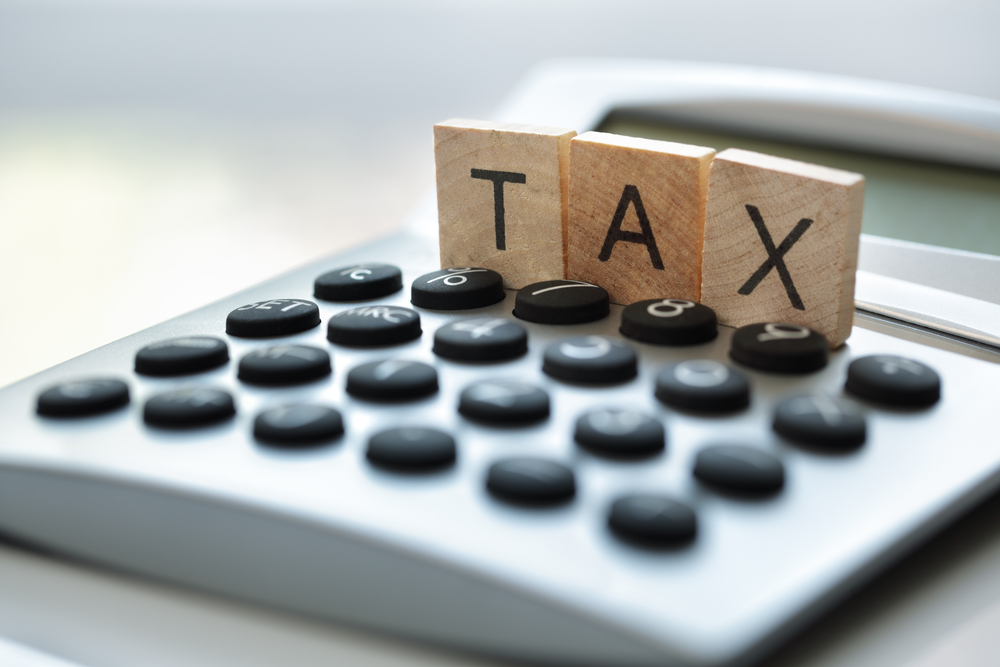News
Over a million people hit with interest on late tax payments

In the 2020/21 tax year, 1.43 million taxpayers were charged interest for late tax payments by HMRC.
This is a rise from 1.24 million in the 2019/20 tax year – before the pandemic – data obtained by AJ Bell revealed.
The investment platform suggests the rise in late payments show that a large number of taxpayers are struggling to understand the UK tax system, suggesting the problem will only get worse as tax thresholds remain frozen until 2027/28.
Indeed, separate research this week suggested that the Government’s decision to freeze tax thresholds and lower the additional rate of tax will result in eight million more people becoming higher-rate taxpayers.
The rise in numbers hit with interest charges in 2020/21 was despite the furlough scheme running and corporate dividend cuts which meant most taxpayers would have owed less tax than in normal years, it argued.
The figures showed that 290,000 were also charged a penalty for filing their tax return late in 2019/20 and this fell to 270,000 in the year 2020/21.
However, 110,000 and 90,000 taxpayers in each financial year respectively faced both a late filing charge of £100 and an interest charge from HMRC.
HMRC charges an automatic penalty of £100 for late tax returns of up to three months and this fee increases if the return is later.
If you have a ‘reasonable’ excuse you may be able to appeal against this fine, these include things like if you were in hospital at the time.
HMRC also charges interest on late payments.
The interest rate charged by HMRC on late tax payments is linked to the Bank of England (BoE) base rate. You pay base rate plus 2.5% in late payment interest, meaning the current interest charged is 6.75% from 13 April 2023, rising to 7% from 31 May 2023.
It also applies to those who are in a Time to Pay arrangement who pay tax owed in instalments.
According to the latest figures in the three months to December 2022, 730,000 taxpayers (individuals and businesses) were in a Time to Pay arrangement.
The trend of late payments ‘set to continue’
Earlier this year, it was shown that HMRC estimates the number of taxpayers to be paying dividend and capital gains tax to rise by two million by 2024/25.
Many more people will be required to file a self-assessment tax return as the tax-free allowance on capital gains and dividend taxes falls in the next year. As this number rises, it could be the case that many more taxpayers are charged with late payment penalties.
If a taxpayer is unable to pay their tax bill, they do have options. They can arrange through HMRC to pay the bill through a payment plan, known as ‘Time to Pay, and can pay it off monthly.
However, this option isn’t available for everyone, just those who owe less than £30,000 and who have not used a payment plan previously. It also comes with interest charges.
Laura Suter, head of personal finance at AJ Bell, said: “We saw a jump in the number of people not paying their tax bill on time and being hit with a penalty, from 1.24 million in 2019/20 to 1.43 million in 2020/21.
“For many this will be because they can’t afford to pay the bill, having not set money aside for the payment. The pandemic years took a toll on people’s finances, meaning many will have dipped into their savings leaving nothing for the tax bill.
“We’ll likely see that trend continue in the cost-of-living crisis years, as people have less spare cash set aside to meet the bills – particularly if these tax bills are unexpected.”
More than 77,000 file tax returns on day one of new tax year
The number of taxpayers filing their tax return on the first day of the tax year has more than doubled since 2018.
This year more than 77,500 self-assessment taxpayers filed their 2022/23 return on 6 April, according to HMRC data. This is a rise from almost 37,000 in 2018.
The deadline for filing an online tax return for 2022/23 is 31 January 2024. For paper returns it is 31 October 2023.